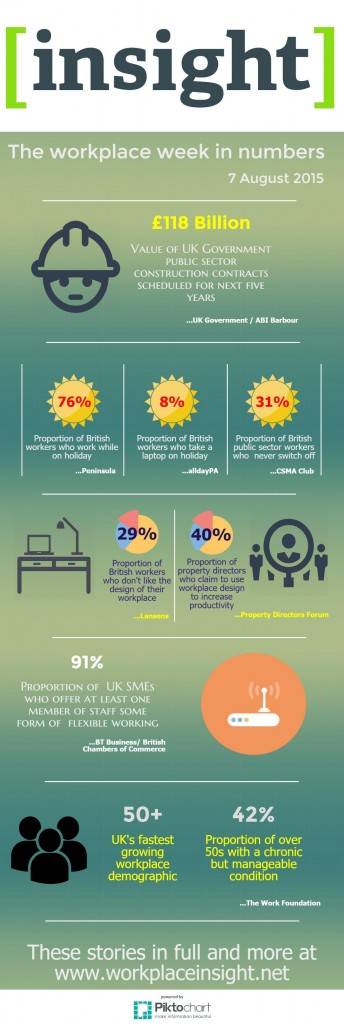August 14, 2015
Apathy, laxity and ineptitude continue to dog data security issues 0
 How firms must hanker for the days when the issue of corporate data security could usually be addressed simply by asking what somebody had in their bag when they left the building or were fired. Amongst other things, the practice of Bring Your Own Device (BYOD) means that the ways for data to leak out of the organisation are now numerous, if not generally malicious. A new cluster of reports has emerged that highlight how carelessness, indifference, cultural ineptitude and the complexities of unmanaged, privately owned technology make it increasingly difficult for firms to maintain the security of their data. While some of the sources of this leakage are generally well known, a couple that are not generally acknowledged is the apathy of employees when it comes to keeping work files safe and secure and the lax attitude of employers when breaches occur.
How firms must hanker for the days when the issue of corporate data security could usually be addressed simply by asking what somebody had in their bag when they left the building or were fired. Amongst other things, the practice of Bring Your Own Device (BYOD) means that the ways for data to leak out of the organisation are now numerous, if not generally malicious. A new cluster of reports has emerged that highlight how carelessness, indifference, cultural ineptitude and the complexities of unmanaged, privately owned technology make it increasingly difficult for firms to maintain the security of their data. While some of the sources of this leakage are generally well known, a couple that are not generally acknowledged is the apathy of employees when it comes to keeping work files safe and secure and the lax attitude of employers when breaches occur.



































August 6, 2015
Three quarters of employees admit to taking work on holiday with them 0
by Sara Bean • Comment, Flexible working, News, Technology, Workplace
(more…)